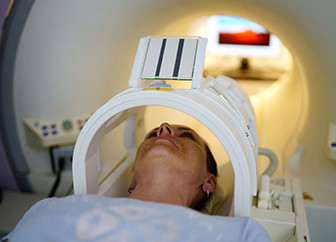Overview
Radiology is a medical speciality that uses imaging technology to diagnose and treat diseases. It includes techniques such as X-rays, CT scans, MRI, and ultrasound to visualise the internal structures of the body. These imaging methods help doctors identify conditions, monitor treatment progress, and plan surgical procedures.
If you are at a renowned radiology hospital in Bangalore like SPARSH, you can expect cutting-edge technology and skilled radiologists working together to provide accurate and timely results. Patients benefit from advanced diagnostic tools and expert care, ensuring precise assessments and effective treatment strategies.
Radiology plays a crucial role in modern medicine by enabling early detection and improved patient outcomes through detailed imaging.
Radiology Treatment We Provide:
X-rays
An X-ray is a simple, non-invasive imaging test that uses radiation to produce detailed images of the inside of your body. It allows doctors to examine bones, organs, and tissues, helping diagnose conditions such as fractures, infections, and tumours. X-rays are a crucial diagnostic tool, providing clear insights while keeping radiation exposure to a minimum for your safety.
Mammography
Mammography imaging is an X-ray used to detect breast cancer early. During the test, your breast is gently compressed between two plates to capture clear images. A mammography radiology expert examines these images for any unusual areas. Regular mammograms are crucial for early cancer detection and effective treatment. This simple test is recommended for women, especially over those 40 or with a family history of breast cancer.
Ultrasonography & Elastography
Ultrasonography imaging uses sound waves to create pictures of the inside of your body. It’s a safe and painless test that helps doctors see soft tissues like organs and muscles. During the procedure, a special gel is applied to the skin, and a probe is moved over the area being examined.
Ultrasonography radiology specialists analyse these images to diagnose conditions. Elastography ultrasound, a type of ultrasonography, measures the stiffness of tissues, which can help in diagnosing certain diseases. This imaging technique is useful for checking various health issues and guiding treatments.
Colour Doppler
Colour Doppler is an imaging technique that uses sound waves to visualise blood flow in real-time. This method highlights the movement of blood through veins and arteries using different colours, which helps detect abnormalities or blockages.
Colour Doppler scans are done during pregnancy as well to monitor blood flow in the umbilical cord and foetal organs, ensuring the baby’s health and development. They provide important information about maternal and foetal circulation, enhancing prenatal care and diagnosis.
Pregnancy and Foetal Imaging
Pregnancy and Foetal Imaging includes various techniques to monitor the health of the mother and baby. One important tool is foetal MRI, which provides detailed images of the baby’s organs and tissues using magnetic fields and radio waves. This is especially useful when more information is needed beyond what can be seen with standard ultrasound.
A foetal MRI scan helps doctors diagnose and manage potential issues by offering a clearer view of the baby’s development. This non-invasive procedure is often used to assess complex cases or when an ultrasound does not provide sufficient detail.
Bone Mineral Density
Bone Mineral Density measures the strength and density of your bones. A bone mineral density scan is a simple, non-invasive test that uses X-rays to assess the amount of minerals, such as calcium, in your bones. This helps doctors determine if you have osteoporosis or are at risk for fractures.
Regular Bone Mineral Density scans are important for monitoring bone health, especially for individuals at higher risk due to age, gender, or medical conditions. Early detection of low bone density can lead to timely treatment and prevention of bone-related problems.
CT Scans
CT scans are advanced imaging tests that use X-rays to create detailed cross-sectional images of the body. This technology helps doctors diagnose and monitor various conditions, including injuries, infections, and tumours.
A hospital with CT scan capabilities offers this essential diagnostic tool to provide clear and precise images, aiding in accurate diagnosis and effective treatment planning. CT scans are quick, non-invasive, and can reveal important details that other imaging methods might miss, making them a crucial part of modern medical care.
MRI
MRI scans are an essential tool for examining soft tissues and organs, providing detailed and accurate diagnostic information. If you’re looking for an MRI scan in Bangalore, this advanced imaging technology is widely available to support precise diagnosis and treatment planning.
MRI scans use powerful magnets and radio waves to create detailed images of the inside of your body. This non-invasive test helps doctors diagnose and monitor various conditions, from joint and muscle issues to brain and spinal cord disorders.
Why Choose SPARSH Hospital
SPARSH Hospital is one of the well-known radiology hospitals in Bangalore. The department boasts a robust team of doctors with extensive experience and expertise in the field. They excel in performing comprehensive diagnostic head-to-toe imaging, functional imaging, and both vascular and nonvascular interventions. For those seeking the best radiologist in Bangalore, SPARSH Hospital provides top-notch, experienced doctors and advanced diagnostic solutions.
An Innovative Approach to Treatment
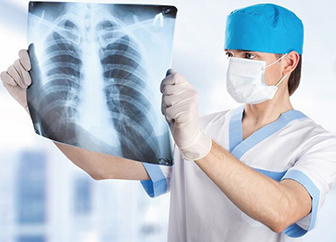
X-rays
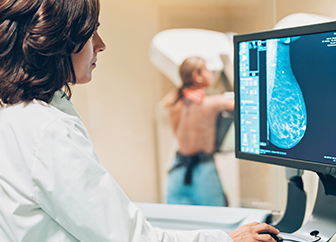
Mammography

Ultrasonography & Elastography
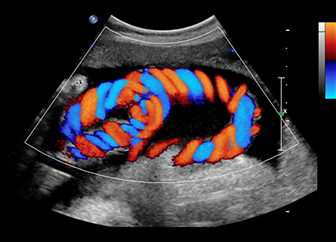
Colour Doppler
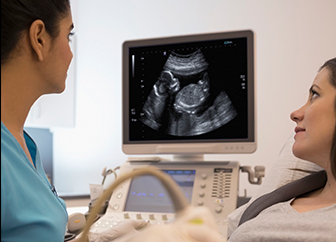
Pregnancy and Foetal Imaging
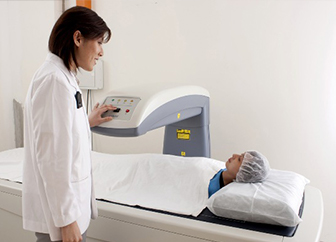
Bone Mineral Density
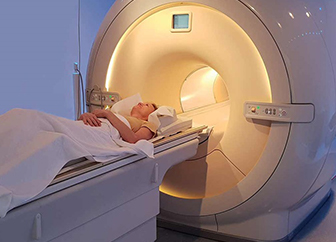
CT Scans
